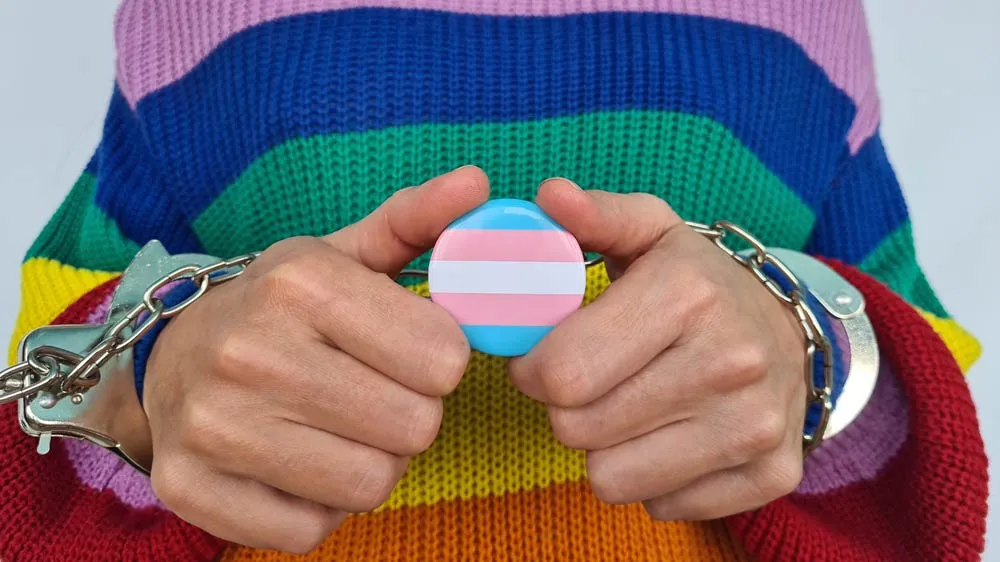June 2, 2016
New Study: More Americans Say They're Having Gay Sex
READ TIME: 2 MIN.
A new study finds the number of Americans saying they're having gay sex is on the rise, Philly.com reports.
"People over time are reporting more same-sex sexual experiences than ever before," said Brooke Wells, a social psychologist at Widener University's Center for Human Sexuality Studies.
The study was reported Wednesday in the Archives of Sexual Behavior. The research team included members from Widener, Florida Atlantic and San Diego State Universities. The annual report has been conducted between 1973 and 2014 and a total of 33,728 people have been surveyed over the 41 years.
The latest study finds the number of U.S. adults who said they had sex with at least one same-sex sexual partner has doubled since the early '90s (the question wasn't asked before then) from 3.6 to 8.7 percent for women and from 4.2 and 8.2 percent for men. Bisexual behavior increased from 3.1 to 7.7 percent, which accounts for most of the change.
The survey found only 1.7 percent of men and .9 percent of women said they only have gay sex.
Wells said it's unclear if sexual behavior has changed or people now feel comfortable with admitting that they engage in same-sex encounters, according to Philly.com. She thinks it's a combination of both circumstances.
The study also found the number of people who said same-sex behavior is "not wrong at all" sharply rose. It was reported in 1973 just 11 percent of people surveyed agreed with the sentiment, while 13 percent agreed in 1990 and 49 percent in 2014.
It should be noted the survey did not ask until very recently whether people identified as gay or bisexual. Researchers involved in the study said it is unclear if responders considered their behavior an experiment or standard sexual behavior. More recently, researchers found young people are more opposed to labeling their sexuality, which can complicate the study.
"More and more young people today are sort of rejecting those very strict labels of gay, straight, or bisexual and saying, 'I'm fluid or queer,'" Wells told Philly.com. "People are increasingly complicating the measurement."






